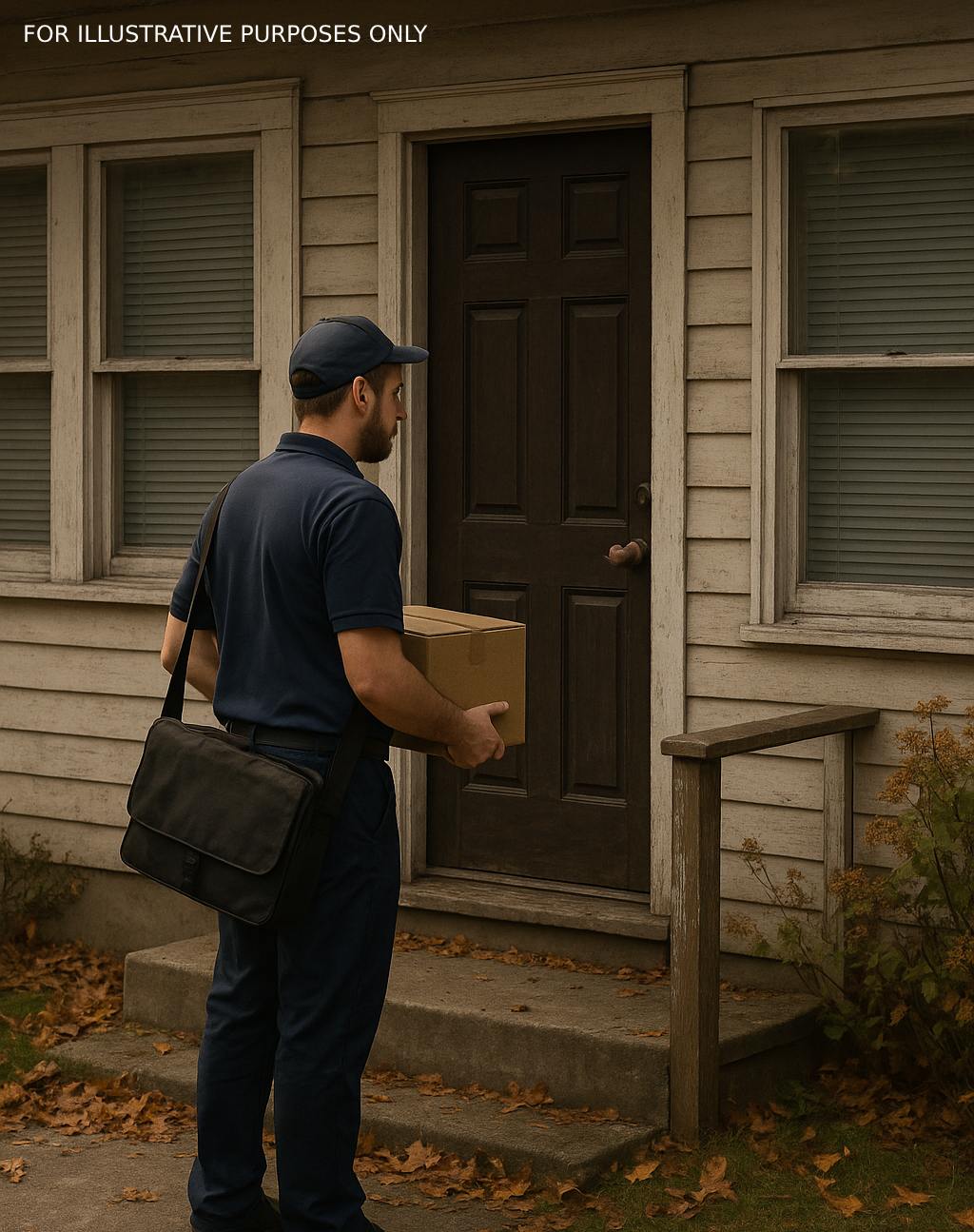
James had been delivering packages for over a decade. He knew every porch, barking dog, and lawn gnome on his suburban route. But there was one house — the little blue one on Elm Street — that always stood out.
Mr. Harold lived there. An elderly veteran in his late 80s, Harold used to sit on the porch most mornings, waving to James as he passed. Sometimes they chatted briefly about weather, dogs, or the good old days.
But for the past five days, the porch had been empty.
No lights. No packages collected. No newspaper gone.
On day six, James felt a gut instinct. He placed a package down, then walked around and knocked gently.
No answer.
He alerted the next-door neighbor, who agreed it felt off. They called for a wellness check.
When officers entered, they found Mr. Harold weak but alive — he’d fallen in the kitchen and couldn’t reach a phone. He had been there for nearly three days, surviving on tap water and sheer will.
The officer later told James, “Your instincts saved his life.”
Word spread fast. Neighbors offered to help clean, bring meals, and rotate check-ins. A local group of high school students volunteered to keep his yard tidy. One carpenter repaired Harold’s porch railing for free.
James hadn’t done it for attention. But when the story was picked up by a local news station, people flooded the delivery company’s page with praise.
A few days later, James received a handwritten letter in the mail.
“Dear James,
You’ve delivered more than just packages — you’ve delivered humanity. I don’t know how much longer I’ve got left, but I know this: I won’t be spending it alone.
With deep gratitude,
—Harold”
The two now share morning coffee once a week. James brings the pastries. Harold brings the stories.
Sometimes, noticing what’s missing is just as powerful as noticing what’s there.

















